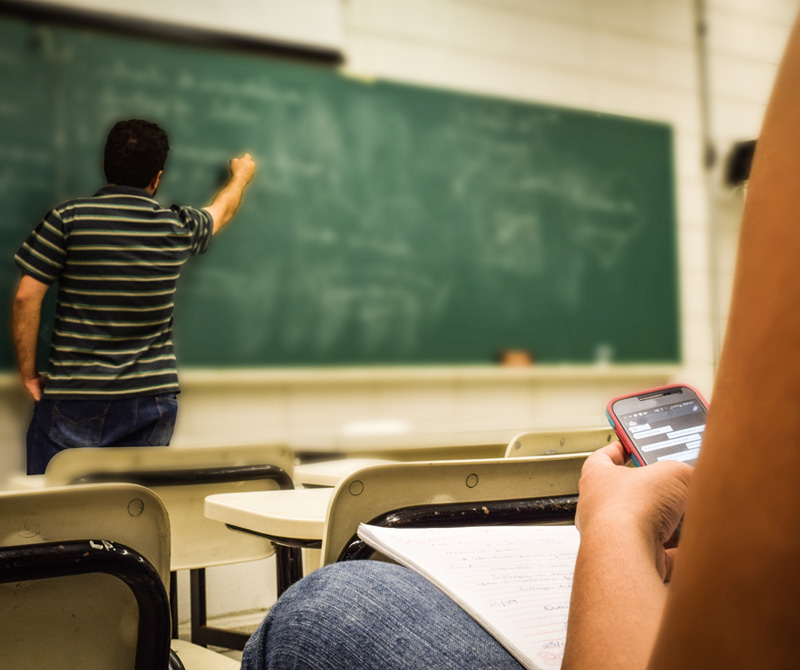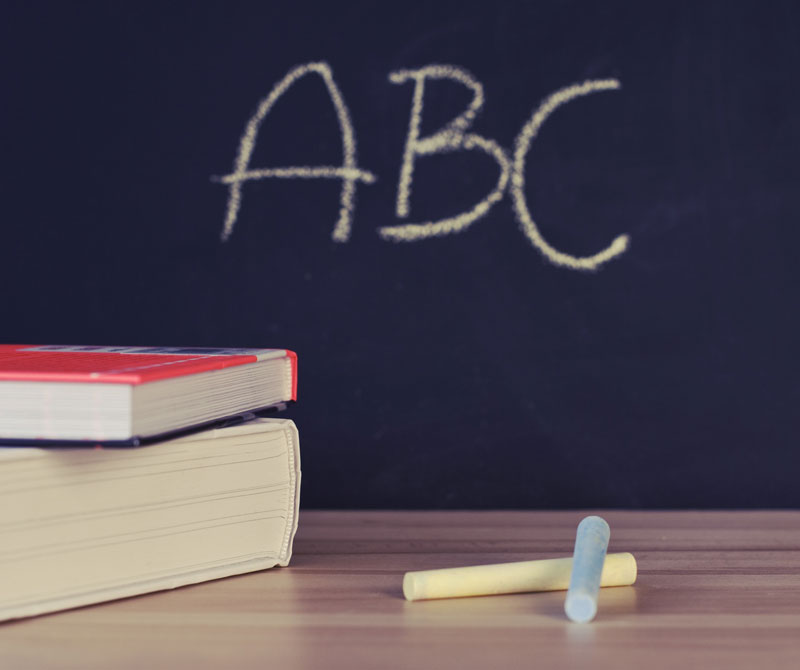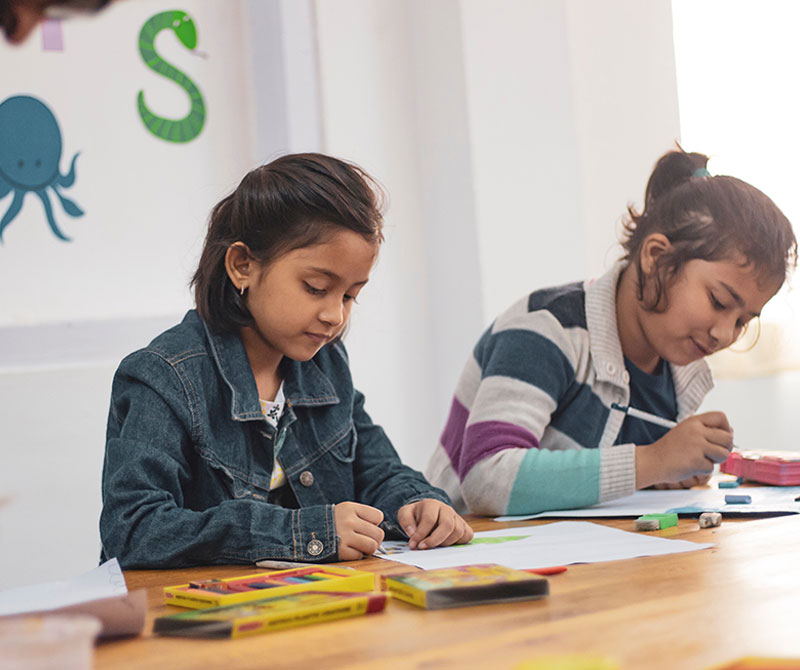Scholarship to meritorious students.
Huge collections of books and magazines
Our teaching and other staffs are highly quilified
Schools have a range of important responsibilities, primarily centered around the education, safety, and well-being of their students. Here are some key responsibilities of schools:
1. **Academic Education**: Schools are responsible for providing a quality education to students. This includes developing and delivering a curriculum that covers various subjects, helping students acquire knowledge and academic skills.
2. **Effective Teaching**: Schools must employ qualified and effective teachers who can facilitate learning and create a positive learning environment. They are responsible for ensuring that teachers have the necessary resources and support to do their job well.
3. **Assessment and Evaluation**: Schools assess and evaluate the academic progress of students to understand their strengths and weaknesses. This information is used to tailor instruction and support to individual student needs.
4. **Curriculum Development**: Schools are responsible for designing and updating the curriculum to meet educational standards and the changing needs of students and society.
5. **Safety and Security**: Schools must provide a safe and secure environment for students. This includes physical safety, emotional safety, and protection from bullying and discrimination.
6. **Social and Emotional Support**: Schools should offer counseling services and emotional support to students who may be facing personal challenges or crises. Promoting mental health and well-being is an essential responsibility.
7. **Individualized Learning**: Schools should recognize that students have different learning needs and abilities. They may need to provide individualized education plans or support for students with special needs or gifted students.
8. **Extracurricular Activities**: Offering a range of extracurricular activities, such as sports, arts, and clubs, is important for providing students with opportunities to explore their interests and talents.
9. **Parental Involvement**: Schools should encourage and facilitate parental involvement in their child's education through open communication, parent-teacher conferences, and volunteer opportunities.
10. **Community Engagement**: Schools often play a role in the broader community. They can serve as hubs for community events, adult education programs, and resources.
11. **Promotion of Values and Citizenship**: Schools should instill values such as respect, tolerance, and civic responsibility in students, helping to shape responsible and informed citizens.
12. **Accountability**: Schools are accountable for their performance. They are responsible for meeting educational standards, complying with laws and regulations, and being transparent about their activities and outcomes.
13. **Preparing for the Future**: Schools should help students explore potential career paths, offering guidance and resources for future education or vocational training.
14. **Innovation and Adaptation**: Schools should remain open to innovation and adapt to changing educational needs and trends. This includes embracing new teaching methods and technologies.
15. **Equity and Inclusion**: Schools should ensure that education is provided in an inclusive and equitable manner, addressing issues of diversity, equity, and inclusion.
16. **Data Privacy and Security**: Schools must handle student data responsibly and securely, protecting the privacy of students and their families.
Overall, schools have a multifaceted role in the development and education of children. They are responsible for not only imparting knowledge but also fostering the overall well-being, safety, and personal growth of their students, while remaining accountable to various stakeholders, including parents, communities, and educational authorities.
Notice Board
SJS PUBLIC SCHOOL, Shivhare Colony, Purshottampur, Panna (M.P.)

We are focussed on the complete personality development of the students
Courses offered by SJS PUBLIC SCHOOL




Some of the milestone achieved by SJS PUBLIC SCHOOL





Some of experienced staffs of SJS PUBLIC SCHOOL